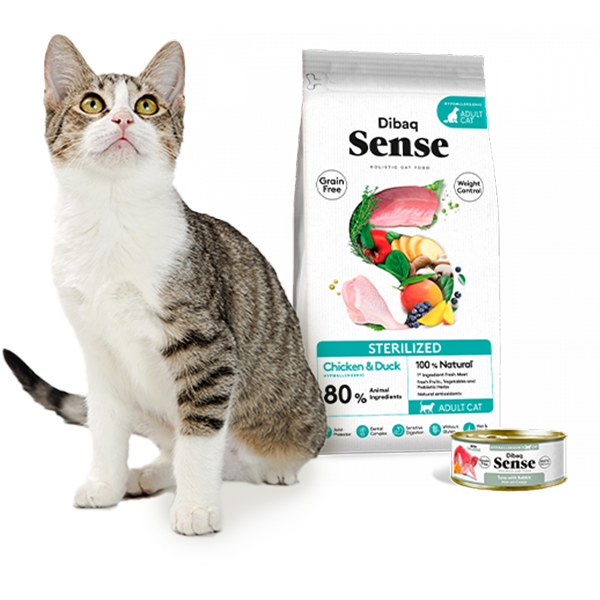Pet Vaccination Schedule
Vaccinating your pet is totally necessary and essential to take care of its health. There are infections that can be fatal in cats and dogs and that with the simple gesture of going to your veterinarian and having their vaccination schedule up to date you can avoid.
Mandatory vaccines depend on each autonomous community. For example, only the rabies vaccine is mandatory for dogs in Madrid, although remember: just because they are not mandatory does not mean that they are not important.
When you adopt or buy a puppy, it is essential that you do not take it for a walk and that you limit contact with other dogs until your veterinarian considers that it is well protected by the vaccines that have been administered.
The most frequent vaccines that should be given to dogs begin at 2 months of age, when they should be vaccinated against distemper and parvovirus. Approximately 3 or 4 weeks later, it is advisable to give the canine polyvalent vaccine, which protects against hepatitis, leptospira, distemper, parainfluenza and parvovirus. This vaccine must have a booster after 4 weeks.
At 16-18 weeks of age, it is advisable to give the trivalent vaccine for distemper, hepatitis and leptospira. At the same time, the first rabies vaccine should be given.
The dog should be vaccinated against rabies annually and give reinforcements to those vaccinated.
In the case of cats, the first vaccination should be done when they stop drinking breast milk, that is, at approximately 3 months of age. Before giving the first vaccine (feline trivalent) it is advisable to perform both internal and external deworming. This vaccine, the trivalent feline vaccine, protects them against feline panleukopenia, rhinotracheitis and calcivirosis. Approximately one month after this first dose, a second booster should be given.
If your cat has access to the outdoors and contact with other cats, it is also recommended to vaccinate it against feline leukemia, which also consists of a first dose and a booster dose after 4 weeks.
At 4 months of age, it is also advisable to vaccinate him against rabies. Although this vaccine is not mandatory in Spain, it is recommended for those cats that go outside or have contact with other cats whose health status we do not know.
From the first year of your feline's life, you should go to your veterinarian annually to give him a booster dose of the vaccines that are necessary for him, since they do not have an unlimited duration and their protective effects decrease with time. Over time.
It is common for pets to experience some type of reaction after receiving vaccines, such as discomfort, swelling where the injection was given, apathy, or even a slight fever. These symptoms should not alarm us, as they are perfectly normal. In case of more serious symptoms, we recommend that you go to your veterinarian to assess the animal's health.
Also remember that, if you are going to travel abroad with your pet, you should check with the destination country about the vaccines that are necessary for entry into the place, as they may vary from one country to another.
Share this content













